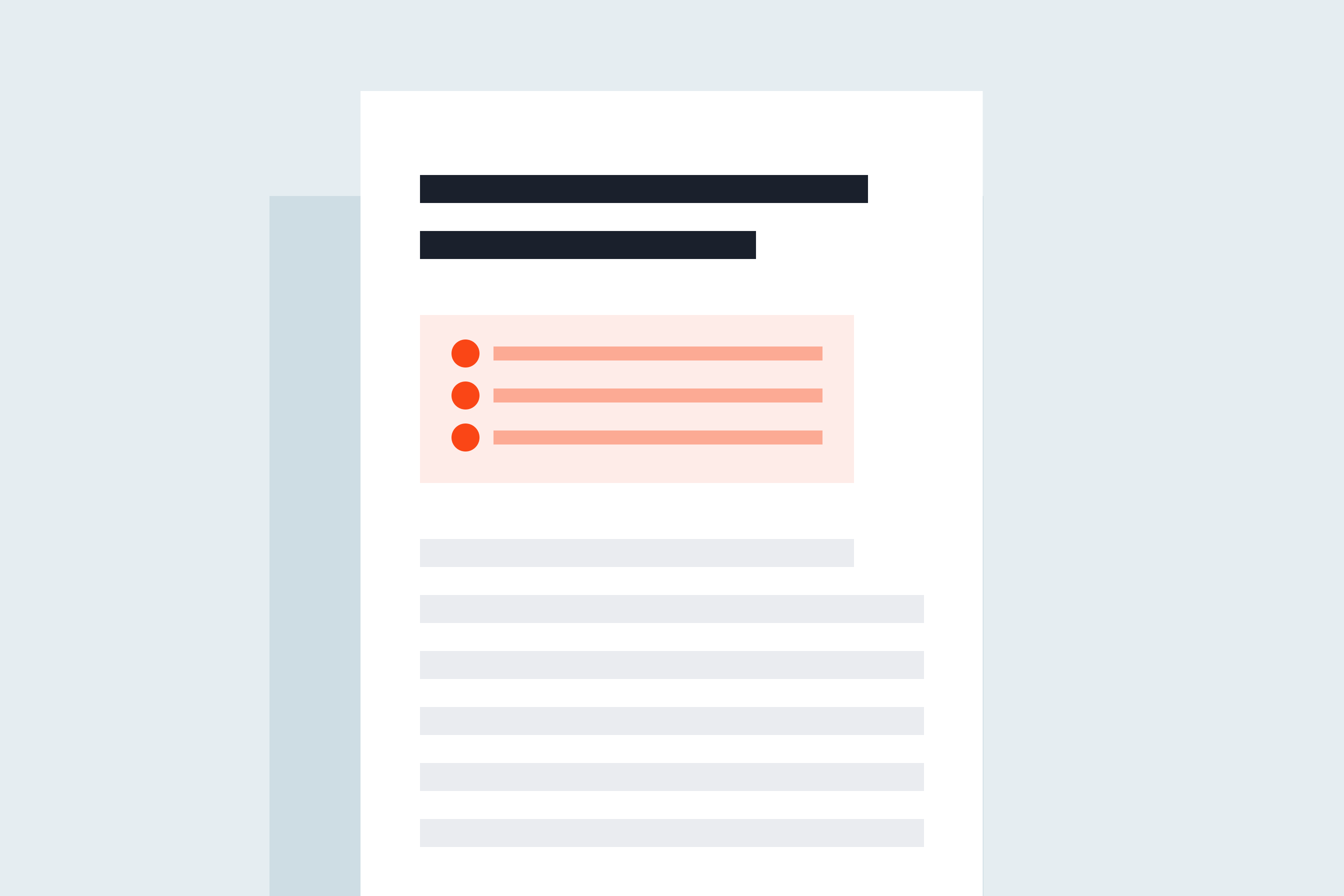This post is part of our monthly TED Talk Tuesday series, spotlighting can't-miss TED Talks and their key takeaways. You can learn more about our partnership with TED here.
The more data, the better. That's according to Kenneth Cukier, data analyst for The Economist and co-author of the award-winning book, Big Data: A Revolution That Will Transform how We Live, Work and Think.
In his TED Talk, "Big Data Is Better Data," Cukier explains that more data doesn't simply allow us to see more of what's in front of us, it also allows us to observe our environment in new ways. He argues that big data is our hope for the future—the tool we'll use to solve some of the world's biggest challenges, because we're fundamentally able to do things we simply couldn't with smaller data sets, such as machine learning.
Watch the video below and read on for three key takeaways from his talk.
"Data has gone from a stock to a flow, from something that is stationary and static to something that is fluid and dynamic."
The term "big data" is now ubiquitous, almost to the point where you're probably tired of hearing about it. But Cukier emphasizes that it's important to understand why we call it big data, and why the "big" part is important. A lot of it comes down to how we store and access data in general. In the past, data lived in clunky physical objects like a stone tablet, or file boxes in the basement of a government building. Today, pages and pages of data can be condensed and transported using a single thumb drive.
Cukier refers to this ease of storing more data as its "liquidity." We literally have access to bigger amounts of data in smaller forms, which means it's easier for people like human resources professionals to analyze trends, identify inefficiencies and correct them.
"You have more information. You can do things that you couldn't do before. "
Now that we have access to all this data, what can we do with it? The answer is just about anything. For HR teams, the way we can apply big data to artificial intelligence and machine learning is especially relevant.
The more data computers collect, the smarter and smarter they get. As computers learn more, they'll become more efficient at accomplishing redundant tasks, like payroll. Automating time-consuming processes, like payroll, not only eliminates human error, but also allows HR pros to focus their time on more strategic tasks.
"Big data and algorithms are going to challenge white-collar, professional knowledge work in the 21st century in the same way that factory automation and the assembly line challenged blue-collar labor in the 20th century."
Cukier is no doubt an advocate for big data, but he also understands the downside. In theory, a computer that collects data and learns to do simple tasks better than humans makes life and work easier. However, it's also true that automation will make some roles obsolete—which is something the field of HR needs to prepare for in particular. How can HR professionals shape the future of their respective companies' industries to account for automation?
Cukier emphasizes that we need to remember big data is a tool. "We're going to need to be careful and take big data and adjust it for our needs, our very human needs," he says. "We have to be the master of this technology, not its servant."
Header photo: TED


